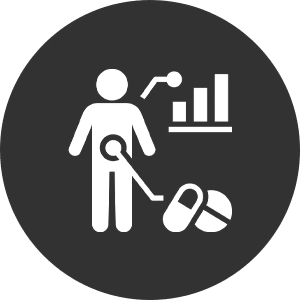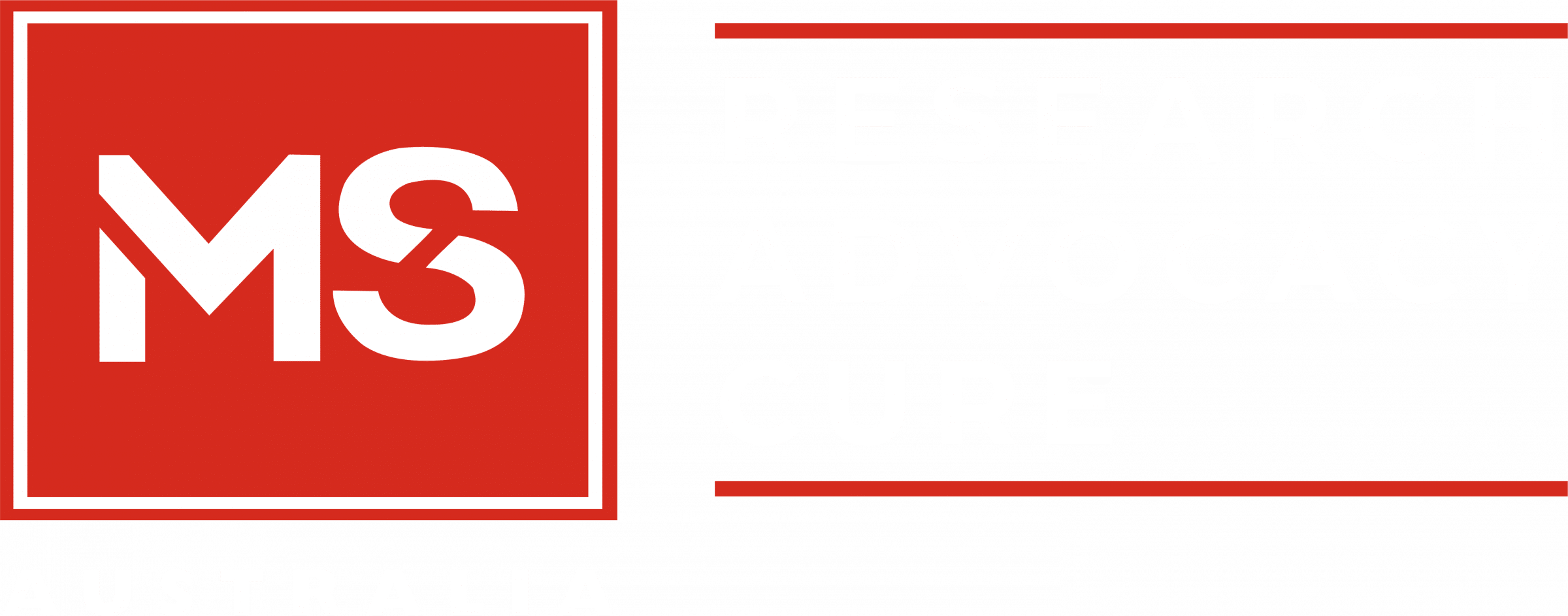
type of intervention
Randomised controlled trial (interventional)

recruitment status
Recruiting

region
ACT, NSW, NT, QLD, SA, TAS, VIC, WA
type of ms
All forms of MS, Primary progressive MS, Relapsing MS, Relapsing remitting MS, Secondary progressive MS
Fatigue and excessive daytime sleepiness are common complaints in individuals living with multiple sclerosis (MS). Fatigue and excessive daytime sleepiness are associated with the emergence and exacerbation of cognitive, motor and mood disturbances and over time lead to impaired rehabilitation outcomes, a decline in the capacity to perform daily activities and reduced quality of life. Treatment of fatigue and daytime somnolence in individuals with MS is therefore essential.
Over the last three decades a large body of evidence has accumulated noting the positive effects of non-pharmaceutical strategies for treating sleep and circadian rhythm disturbances in individuals with sleep disorders. Among these, sleep hygiene and light therapy have been shown to be efficacious for sleep and circadian rhythm disruption. Despite this large body of evidence, a relatively small number of studies have evaluated the therapeutic utility of sleep hygiene and light therapy for the treatment of fatigue and daytime sleepiness in individuals with MS. Preliminary evidence suggests that these strategies are feasible and effective in treating fatigue and daytime sleepiness in individuals with traumatic brain injury and Parkinson’s disease. However, there is a fundamental need to replicate these findings in individuals with other neurological conditions, including MS, using larger randomised controlled trials. Furthermore, there is a need to evaluate the synergistic effects of both therapeutic approaches for these populations.
The purpose of this study is to evaluate the feasibility and therapeutic effects of light therapy in combination with sleep hygiene, compared to sleep hygiene alone, in individuals with MS. It is hypothesised that both therapies will have positive effects on fatigue and daytime sleepiness, however, light therapy plus sleep hygiene will be more beneficial in reducing symptoms of fatigue and daytime sleepiness in individuals with MS than sleep hygiene alone.
1) confirmed clinical diagnosis of multiple sclerosis using the revised McDonald criteria, and in the case of relapsing-remitting MS, clinically verified stable disease in the four weeks leading up to the study.
2) a score of equal to or greater than 4 on the Fatigue Severity Scale and/or a score of equal to or greater than 5 on the Pittsburgh Sleep Quality Index (indicative of self-perceived poor sleep quality) and/or a score of equal to or greater than 10 on the Epworth Sleepiness Scale (indicative of daytime somnolence),
3) between the ages of 18 and 65,
4) the capacity to speak reasonable English, understand verbal and written instructions and be able to complete tests and questionnaires without significant assistance,
5) be able to give informed consent to participate in the study in accordance with the ICH GCP guidelines before initiating any study related procedures.
1) untreated hallucinations or psychosis,
2) current use of hypnosedative or illicit stimulant drugs,
3) use of antidepressants, unless the participant has been receiving a stable dose for at least four weeks,
4) visual abnormalities that may interfere with light therapy, including cataracts, narrow-angle glaucoma or blindness,
5) transmeridian travel or night shift work in the six weeks leading up to the study (or the intention to travel or undertake night shift during the study),
6) symptomatology of severe untreated depression (defined by a score of equal to or greater than 11 on the depression component of the DASS-21), and
7) pre-existing chronic fatigue syndrome, narcolepsy or sleep apnoea
Currently recruiting
Dr Travis Cruickshank, Ph: +61 8 6304 3416, E: t.cruickshank@ecu.edu.au
Mr Mitchell Turner, Ph: +61 8 6304 2210, E: mitchel.turner@ecu.edu.au
SPIN Research Team, E: spin@ecu.edu.au
Trial Registration Number: ACTRN12621000773831
This trial can be run in all states and territories across Australia.
This study has been approved by the Edith Cowan University Human Research Ethics Committee (2020-01134-CRUICKSHANK).
23/02/2022

